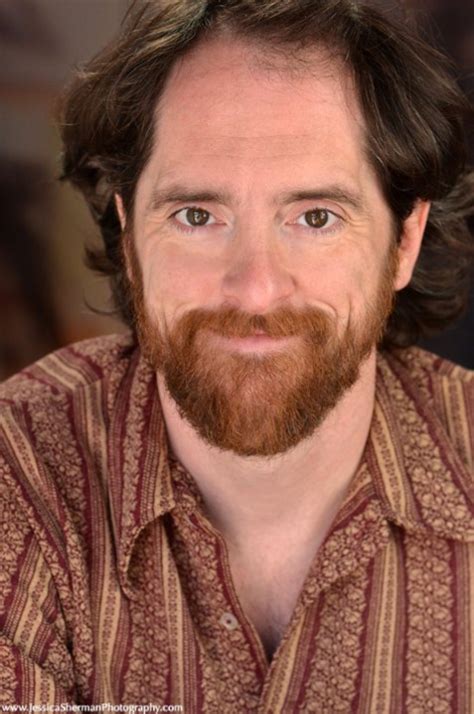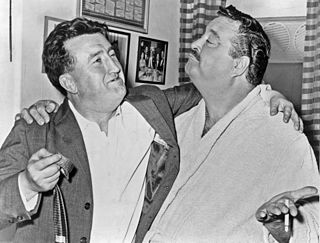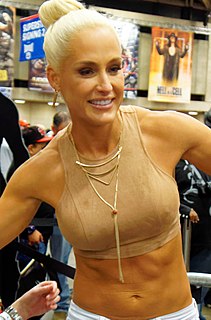A Quote by Maggie O'Farrell
There was so much anti-Irish sentiment not just from other kids at the school I went to in Britain, but also the teachers themselves. I remember very clearly a lot of the things people said to me and my sisters. And of course those sentiments go back a long way. When my dad visited London in the 50s and was looking for somewhere to stay, there were signs outside boarding houses that said "No blacks, no Irish."
Quote Topics
Also
Anti
Back
Blacks
Boarding
Boarding House
Britain
Clearly
Course
Dad
Go
Houses
Irish
Just
Kids
London
Long
Long Way
Looking
Lot
Me
Much
My Dad
Other
Other Kids
Outside
People
Remember
Said
School
Sentiment
Sentiments
Signs
Sisters
Somewhere
Stay
Teachers
Themselves
Things
Those
Very
Visited
Way
Were
Related Quotes
All my family look Irish. They act Irish. My sister even has red hair... it's crazy. I'm the one that doesn't seem Irish. None of the kids in my family, my siblings, speak with an Irish accent... we've never lived there full-time; we weren't born there. We just go there once or twice a year. It's weird. Our parents sound Irish, but we don't.
Percy France told me, similarly, he and Bird used to hang out. They were good buddies. And he said, "Man, we'd just walk through town, sometimes with our horns. And we'd walk by past an Irish bar. And you'd stand outside and check out the music. And Bird would go in and sit in with these traditional Irish musicians. Then we'd past a Greek restaurant and we'd hear that. And Charles "Bird" Parker would go sit in with those guys. He was just listening to everything, reacting to everything.
Ironically, there is a history of black/Irish communion here in the states; Irish and African American brothers and sisters have often found common cause in fighting the bigotry both communities faced earlier in the 20th century. However, white skin privilege among the Irish separated them from blacks, who had no such advantage to fall back upon. The solution is to fight bigotry and racism wherever they appear, and to root out the forces of oppression as conscientiously as possible.
I think you can take the recent war in Lebanon as a very good example of how this plays. The Americans and their allies clearly stood back - clearly in the eyes of Muslims - and basically said to the Israelis, "Do what you need to do, and we'll hold the ring for you and not call a cease-fire." That perception in the Muslim world very much played to the anti-American sentiment.
My dad took me to a high school basketball game and this very, very famous coach in Michigan, by the name of Lofton Greene - he was a guy that my dad was familiar with. He was from our hometown. And I watched the game and I said I didn't see this guy doing a lot of coaching. And my dad told me, well, it's just like a teacher - which he was - he said if you do a good job teaching during the week, when they take the test on Friday, that's not the time you have to do a lot of demonstrative things.
Protestants attacked Catholics during the 1844 Nativist riots in Philadelphia. Guess what that was about? Anti-immigrant sentiment. Back then, it was the influx of Irish Catholics into the city. Now, it's Donald Trump clinging to a bygone notion of Protestant ascendancy and nativist sentiments, when mainline Protestantism is on the wane in the U.S.
I'm Irish as hell: Kelly on one side, Shanley on the other. My father had been born on a farm in the Irish Midlands. He and his brothers had been shepherds there, cattle and sheep, back in the early 1920s. I grew up surrounded by brogues and Irish music, but stayed away from the old country till I was over 40. I just couldn't own being Irish.







































